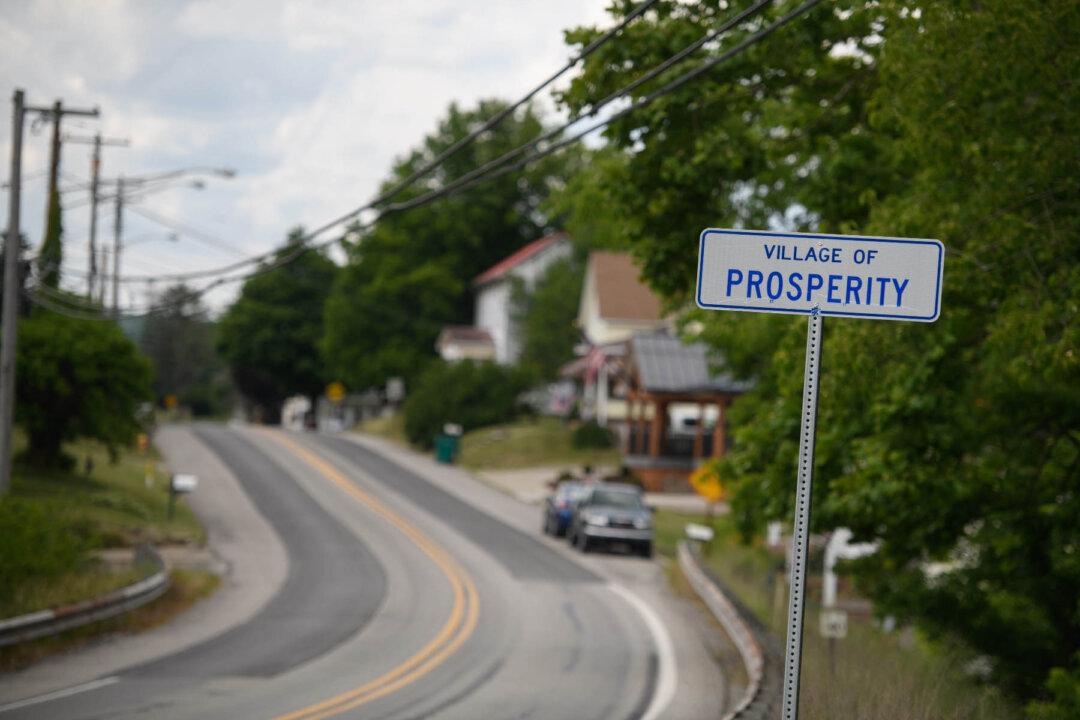Commentary
PROSPERITY, Pennsylvania—How this little village earned its name is rooted in an old tale featuring a common last name, one-in-a-million odds and a likely exaggeration about how many settlers were attracted to the middle of the frontier.

PROSPERITY, Pennsylvania—How this little village earned its name is rooted in an old tale featuring a common last name, one-in-a-million odds and a likely exaggeration about how many settlers were attracted to the middle of the frontier.